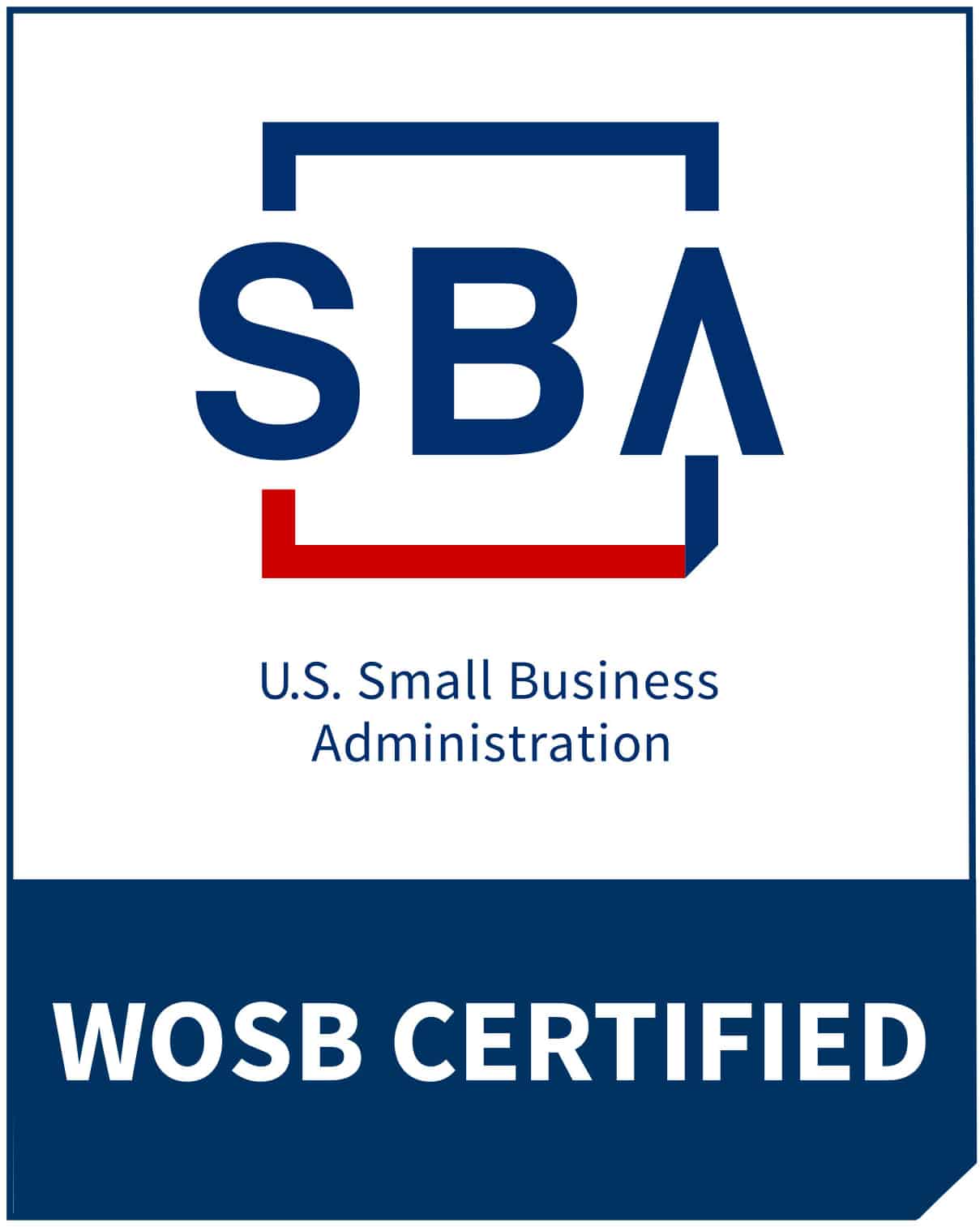Despite increasingly partisan rhetoric on a range of national security issues, this week showed us that bipartisanship is still alive and well when it comes to protecting American rail and other critical infrastructure against underhanded practices by foreign nations with questionable motives.
This proved true recently as the Senate “minibus” spending bill, H.R. 6147, was passed with language prohibiting the use of federal dollars from subsidizing Chinese state-owned enterprises that are increasingly targeting American rail manufacturing. The measure, led by Sens. John Cornyn (R-Texas) and Tammy Baldwin (D-Wis.), disallows recipients of Federal Transit Administration (FTA) funds from using those dollars to contract out an array of bus and rail transit projects to Chinese government-owned or -controlled companies. The amendment received broad bipartisan support; co-sponsors ranged from Sens. Tom Cotton (R-Ark.) and Marco Rubio (R-Fla.) to Gary Peters (D-Mich.) and Jeff Merkley (D-Ore.), among others.
Senators with meaningfully different ideologies are rallying around efforts to fend off growing risks to America’s critical infrastructure, where foreign – and largely Chinese government — investment and interference raises real questions about passenger safety and national security. In rail, which is one of seven sectors deemed to be part of the U.S. critical infrastructure, transit, and freight trains run through every major city and military base in our country, carrying passengers, industrial cargo and military as well as nuclear materials. Imagine the danger of allowing the means of transportation of these trains to become controlled by the government of China.
And yet, in cities from Boston to Los Angeles, local authorities have already awarded contracts for new metropolitan rail transit systems to China’s national behemoth, CRRC, which has underbid competitors by as much as half to secure those deals. Now CRRC is angling for additional metro transit deals in cities like Atlanta and even Washington, D.C. The much-needed Cornyn/Baldwin language helps ensure against handing over future rail deals to China’s government, while protecting the integrity and security of our nation’s railcar manufacturing, steel, and associated supply industries. Moreover, the Cornyn/Baldwin provision bill is similar to a measure spearheaded by Reps. Mario Díaz-Balart (R-Fla.) and Kay Granger (R-Texas), and adopted by the House Appropriations Committee in recent weeks.
China’s CRRC is targeting the U.S. market as a means of advancing that Government’s ‘Made in China 2025’ initiative, which aims to explicitly overtake and destroy critical U.S. industries, railcar and rolling stock manufacturing among them. China has already carried out a similar strategy in Australia, where CRRC was able to overtake and destroy the entire passenger and freight railcar sector in less than a decade. Were this strategy allowed to play out in the United States, more than 65,000 U.S. jobs and $6.5 billion in GDP would be at stake, as noted by a recent Oxford Economics study. Without our domestic capability, we would be vulnerable and dependent on China for a critical piece of our nation’s security infrastructure.
In the days ahead, House and Senate conferees will come together to finalize the Department of Transportation funding package. It is vital that a strong version of these measures, notably the language included in the House version, remains in the final bill that goes to the President. America’s rail manufacturing interests, and the security of the passenger, industrial, military and government stakeholders who rely on it, are counting on Congress to continue to push past partisan differences and stand up, together, for the security of critical infrastructure.
Erik Olson is vice president of the Rail Security Alliance, an alliance of companies, unions and individuals looking to ensure the security of America’s railroad system.
Source: The Hill

0 New comments